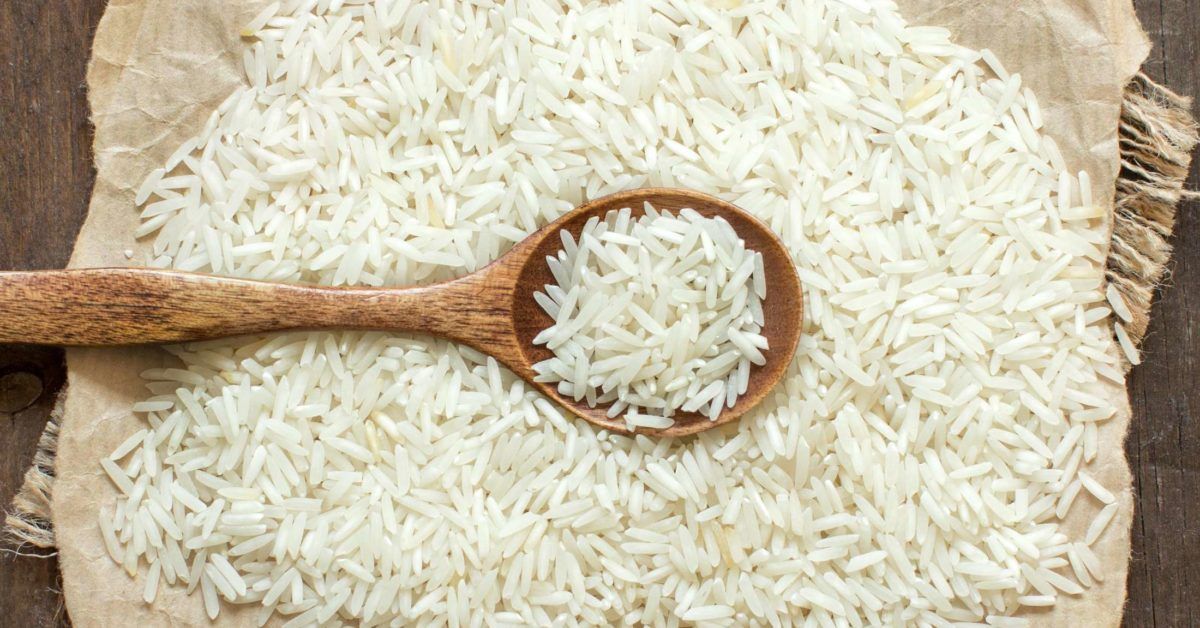Did you know reheating rice can be toxic?
Reheating rice can pose health risks due to Bacillus cereus, a bacteria that produces toxins. Learn safe storage and reheating tips!

Plenty of households reheat rice daily, but doing so can cause health problems. Bacillus cereus is a type of bacteria associated with food poisoning when rice is either kept or reheated under unexpected conditions.
Understanding Bacillus cereus
Bacillus cereus is a spore-forming bacteria common in the soil and various foods, including rice. Such spores cannot be killed during the cooking process. When cooked rice is kept for a longer time at ambient temperatures, the spores turn into active bacteria by germination and produce toxins, resulting in foodborne illness.
The Risks of Improperly Stored Rice
It has been found that in the presence of room temperature, Bacillus cereus spores germinate and multiply when cooked rice is left outside. The bacteria themselves produce toxins against heat. What it means is that the bacteria are killed on reheating the rice, but the toxins previously produced are not affected. When ingested, rice containing these toxins gives rise to symptoms like nausea, vomiting, and diarrhea within 1-5 hours of consumption.

Preventing Bacillus cereus Contamination
To minimize the risk of food poisoning from reheated rice, follow these safety guidelines:
• Prompt Refrigeration: After cooking, cool the rice quickly and refrigerate it within one hour. Avoid leaving rice at room temperature for extended periods.
• Proper Storage: Store cooked rice in airtight containers in the refrigerator at temperatures below 40°F (4°C). Consume refrigerated rice within 3 to 4 days.
• Safe Reheating: When reheating rice, ensure it reaches an internal temperature of at least 165°F (74°C) to kill any bacteria present. Use a food thermometer to verify the temperature.
• Avoid Multiple Reheatings: Do not reheat rice more than once, as repeated cooling and reheating can increase the risk of bacterial growth and toxin production.
Recognizing Symptoms of Bacillus cereus Food Poisoning
Symptoms of Bacillus cereus food poisoning include:
• Nausea
• Vomiting
• Abdominal cramps
• Diarrhea
These symptoms typically resolve within 24 hours. However, if symptoms persist or worsen, seek medical attention.

Conclusion
Reheating rice is convenient, but it requires handling and storing the food accordingly to avoid the possibility of foodborne illness caused by the bacterium Bacillus cereus. Provided the storage and reheating practices are safe, you can enjoy your rice dishes without compromising on your health.





